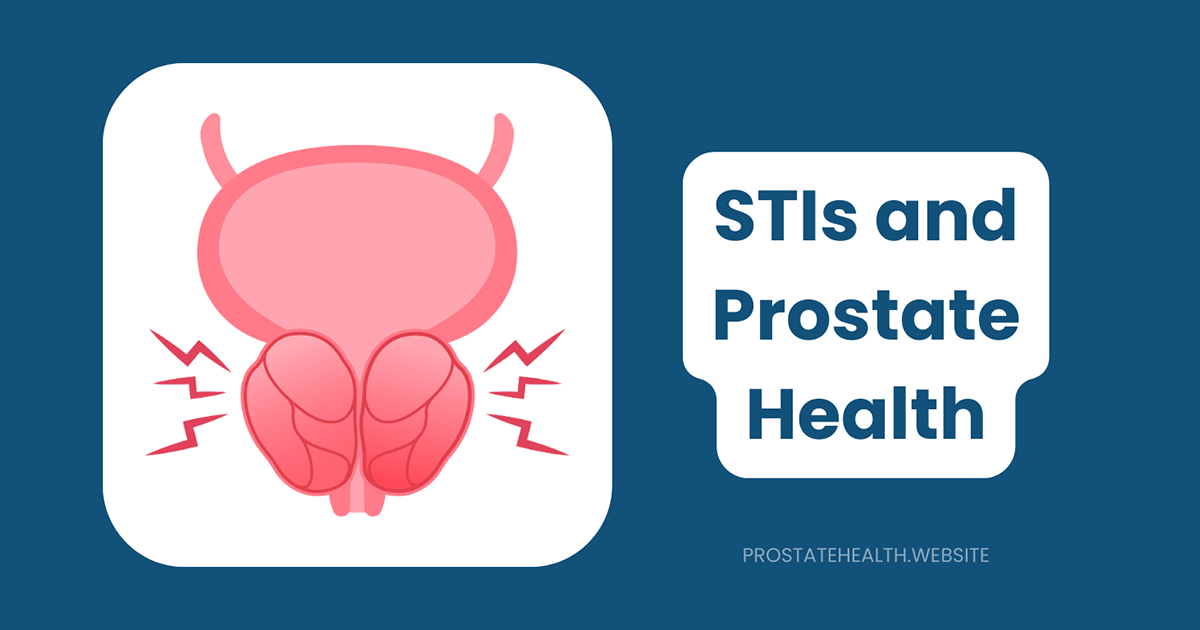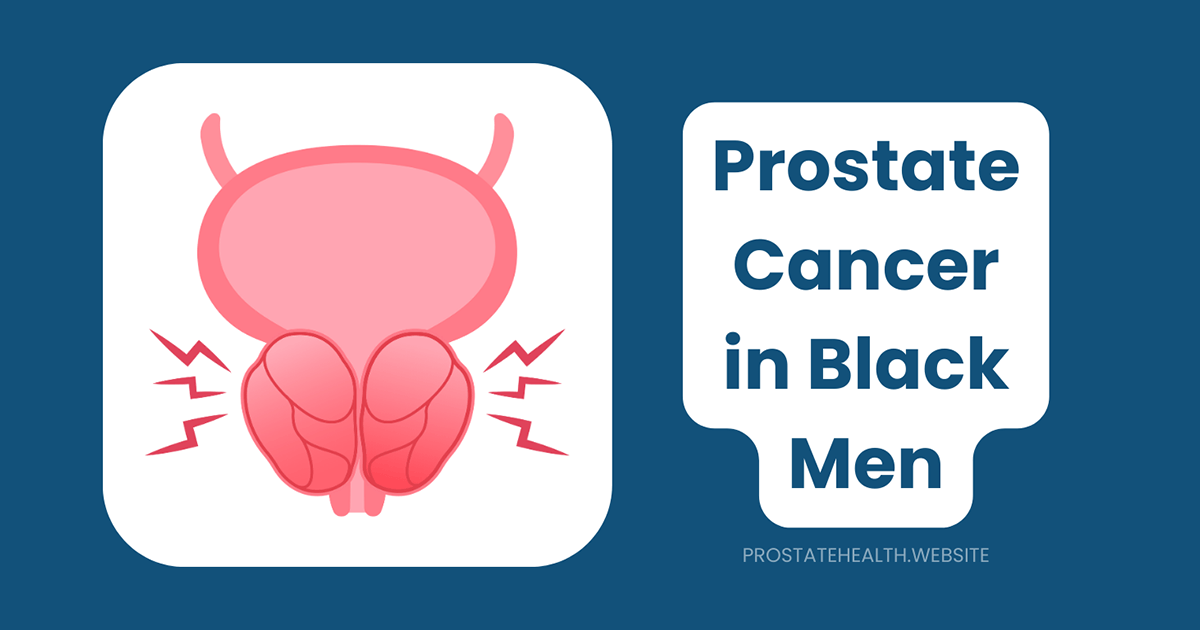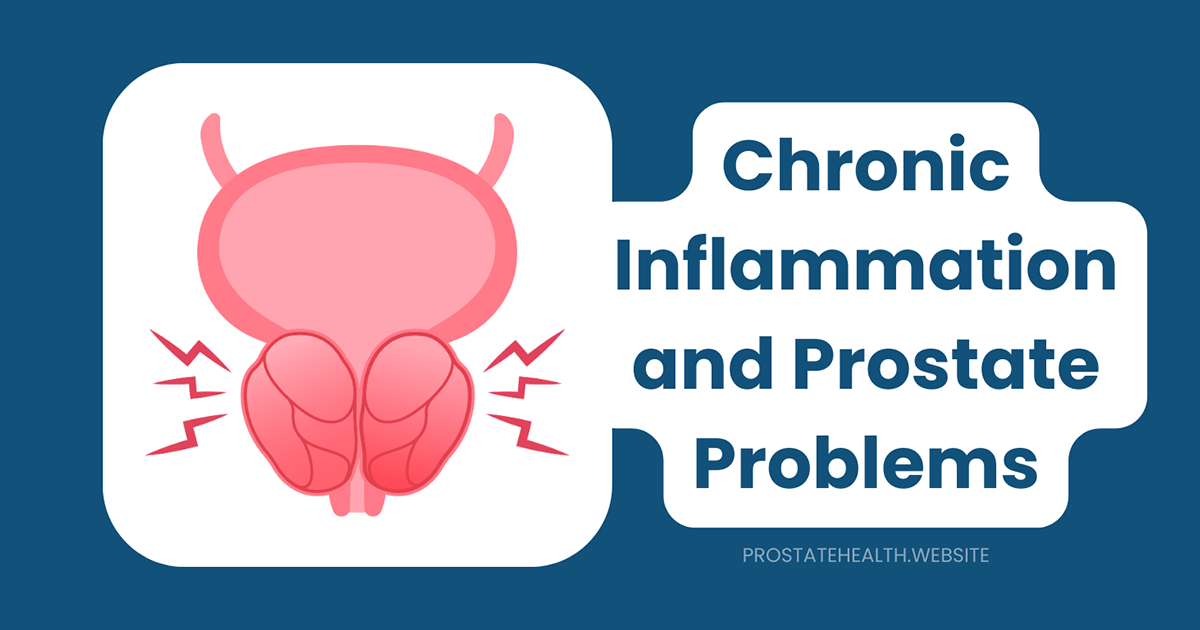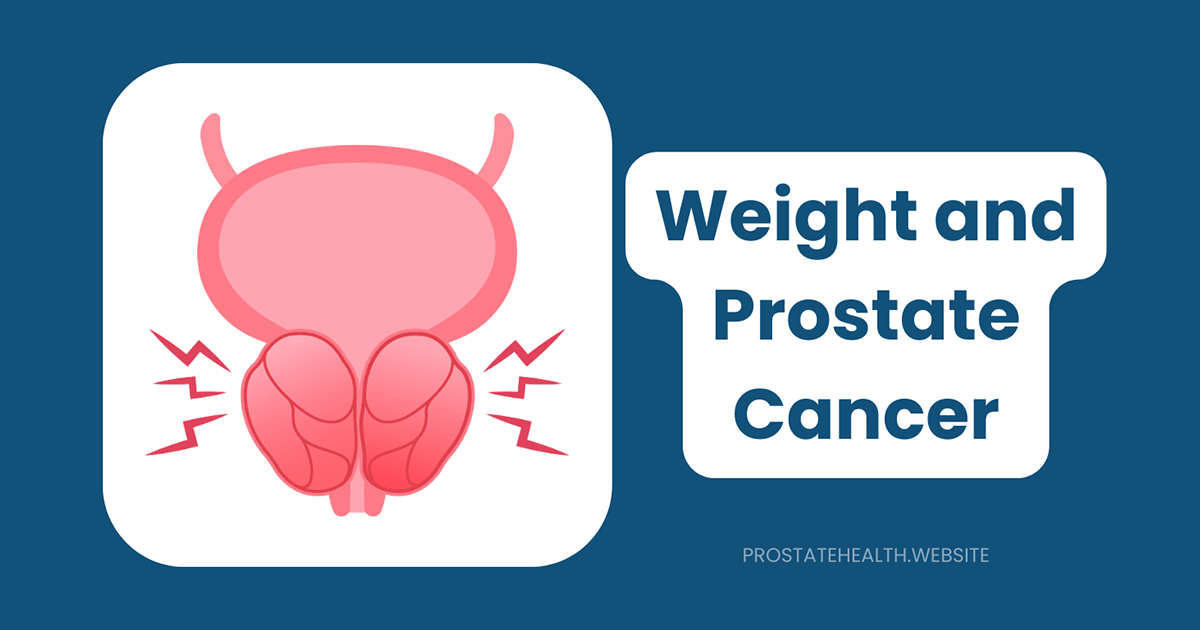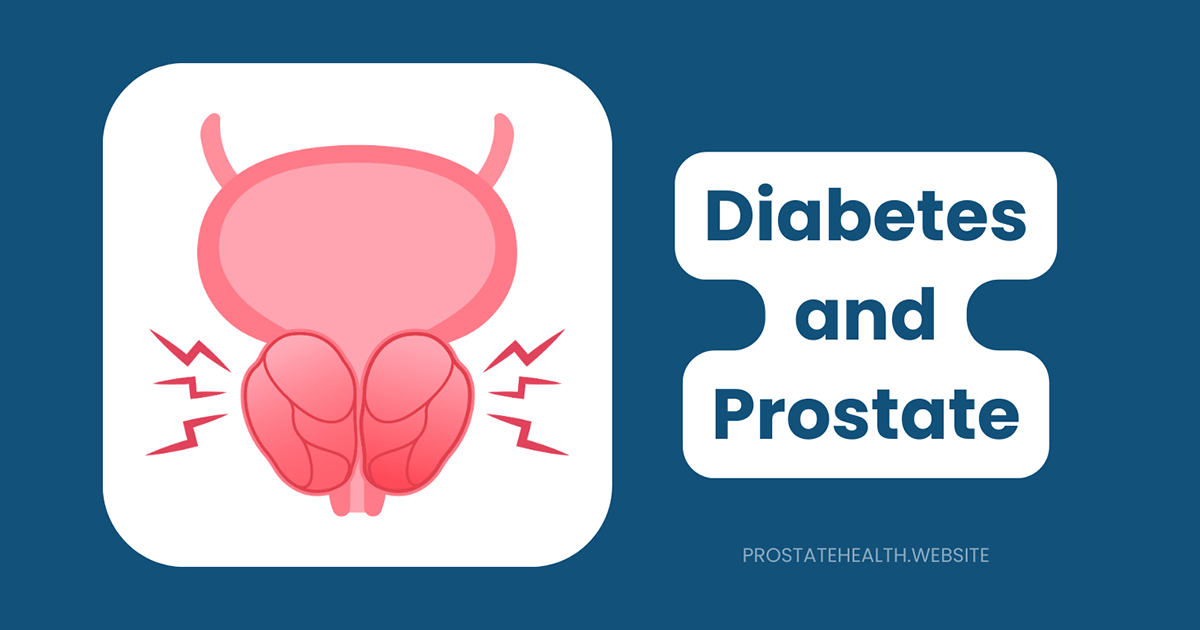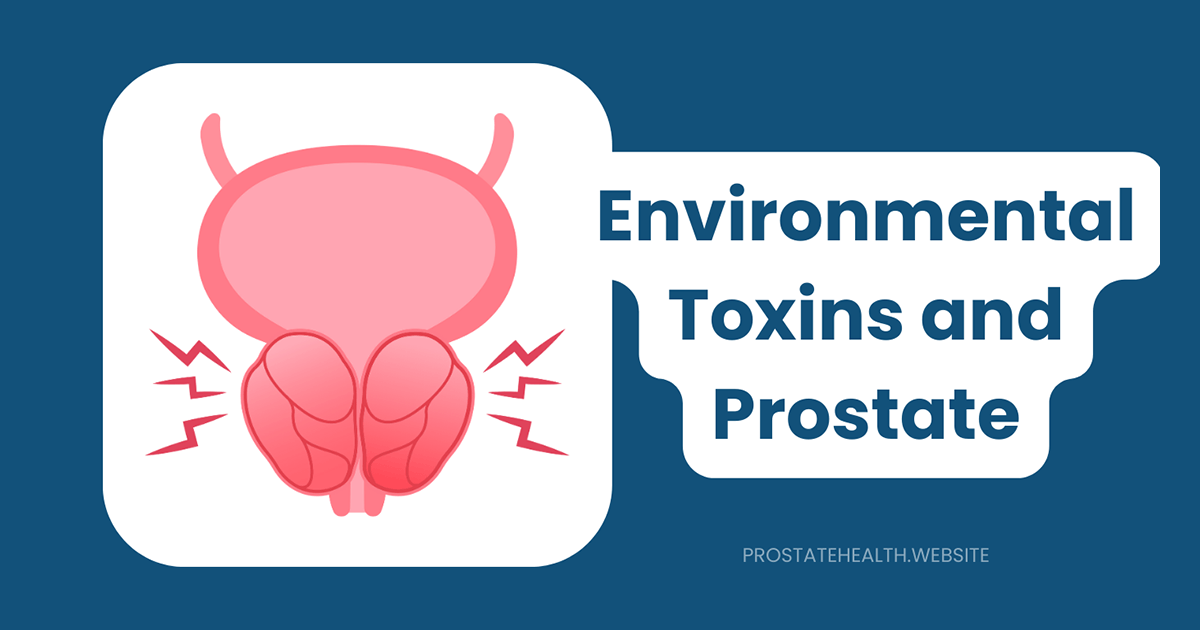Does Vasectomy Increase Prostate Cancer Risk? Examining the Evidence
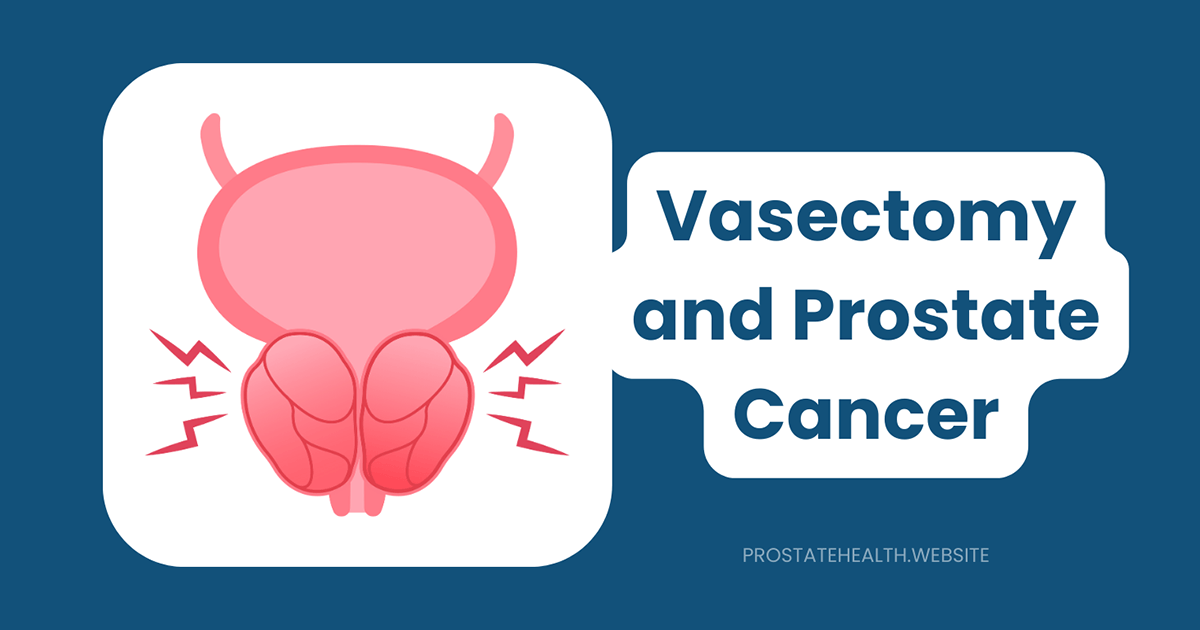
Vasectomy is one of the most effective forms of birth control, with over 500,000 procedures performed annually in the United States alone. For many men, it represents a straightforward, permanent solution to family planning. However, over the years, questions have emerged about whether this common procedure might be linked to an increased risk of prostate cancer.
If you’re considering a vasectomy or have already had one, you may have encountered concerning headlines or heard conflicting information about this potential risk. The relationship between vasectomy and prostate cancer has been studied extensively, with research yielding complex and sometimes contradictory results.
In this comprehensive guide, we’ll examine the latest evidence on the potential link between vasectomy and prostate cancer risk, helping you understand what the science really shows and what it means for your health decisions.
The Vasectomy-Prostate Cancer Question: How It Started
Concerns about a potential link between vasectomy and prostate cancer first emerged in the early 1990s when several studies reported a small increased risk of prostate cancer among men who had undergone the procedure. These early findings prompted decades of subsequent research to determine whether this association was real and, if so, what might explain it.
Dr. James Wilson, urologist at University Medical Center, explains: “The initial studies that suggested a link between vasectomy and prostate cancer created understandable concern. However, it’s important to remember that finding a statistical association doesn’t necessarily mean there’s a causal relationship. Many factors can create the appearance of a connection even when none exists.”
What the Latest Research Shows
Research on this topic has evolved significantly over the years, with increasingly sophisticated studies providing a clearer picture. Let’s examine the most recent and comprehensive evidence:
Meta-Analyses: Pooling the Data
Several large meta-analyses (studies that combine and analyze data from multiple research papers) have been conducted in recent years:
2025 BMC Cancer Meta-Analysis and Mendelian Randomization Study
A comprehensive 2025 study published in BMC Cancer combined two powerful research approaches:
- Meta-analysis of 19 cohort studies with over four million participants found a statistically significant but modest association between vasectomy and prostate cancer risk:
- 9% increased risk for any grade prostate cancer (RR = 1.09)
- 8% increased risk for localized prostate cancer (RR = 1.08)
- 7% increased risk for advanced prostate cancer (RR = 1.07)
- Mendelian randomization analysis, which uses genetic variants to assess causality, found no evidence of a causal relationship between vasectomy and prostate cancer (OR = 0.067, P = 0.09)
This combination of approaches is particularly powerful because while the meta-analysis can identify statistical associations, the Mendelian randomization helps determine whether those associations likely represent cause-and-effect relationships.
2022 European Urology Focus Meta-Analysis
A 2022 systematic review and meta-analysis published in European Urology Focus analyzed 37 studies with nearly 17 million participants:
- Found a significant association between vasectomy and any-grade prostate cancer (OR 1.23)
- The association remained significant for localized prostate cancer (OR 1.08)
- However, when analyzing only studies that adjusted for PSA screening, vasectomy was not associated with localized high-grade, advanced, or lethal prostate cancer
2017 JAMA Internal Medicine Meta-Analysis
A large 2017 meta-analysis published in JAMA Internal Medicine examined 53 studies involving over 14.7 million men:
- Found a very small association between vasectomy and any prostate cancer (RR 1.06)
- Importantly, found no association between vasectomy and high-grade, advanced, or fatal prostate cancer
- Concluded that the association was “clinically insignificant”
What These Findings Mean
Dr. Sarah Williams, epidemiologist specializing in men’s health, interprets these findings: “The research consistently shows a small statistical association between vasectomy and overall prostate cancer risk, typically in the range of a 6-10% increase. However, there’s no association with dangerous forms of prostate cancer, and no evidence of a causal relationship. This pattern strongly suggests that the association may be due to detection bias rather than vasectomy actually causing cancer.”
Understanding the Potential for Detection Bias
One of the most compelling explanations for the small statistical association between vasectomy and prostate cancer is what researchers call “detection bias.” This occurs when one group is more likely to have a condition diagnosed than another group, not because they actually have a higher rate of the condition, but because they’re being screened more frequently or thoroughly.
Several factors may contribute to detection bias in the vasectomy-prostate cancer relationship:
More Frequent Medical Contact
Men who choose vasectomy may have more regular contact with urologists and the healthcare system in general:
- The vasectomy procedure itself involves a urological evaluation
- Men who choose vasectomy may be more health-conscious and proactive about medical care
- Follow-up visits after vasectomy provide additional opportunities for prostate screening
PSA Testing Differences
Prostate-specific antigen (PSA) testing plays a crucial role in prostate cancer detection:
- Men who have had vasectomies may be more likely to receive PSA testing
- When studies control for PSA testing frequency, the association between vasectomy and prostate cancer often weakens or disappears
- The 2022 meta-analysis found no association between vasectomy and dangerous forms of prostate cancer in studies that adjusted for PSA screening
Dr. Robert Chen, oncologist, notes: “The fact that we see an association with low-grade, localized prostate cancer—the kind most likely to be detected through screening—but not with advanced or fatal prostate cancer strongly suggests detection bias rather than a biological effect of vasectomy.”
Biological Plausibility: Could Vasectomy Affect Prostate Cancer Risk?
For a causal relationship to exist, there should be a plausible biological mechanism by which vasectomy could influence prostate cancer development. Researchers have explored several potential mechanisms:
Hormonal Changes
Some early hypotheses suggested that vasectomy might alter hormone levels, potentially affecting prostate cancer risk:
- Research finding: Multiple studies have found no significant changes in testosterone, luteinizing hormone, or follicle-stimulating hormone levels after vasectomy
- Conclusion: Hormonal changes are unlikely to explain any link between vasectomy and prostate cancer
Immune Response
Another theory proposed that vasectomy might trigger an immune response against sperm antigens that could somehow affect the prostate:
- Research finding: While vasectomy can lead to the formation of anti-sperm antibodies, there’s no evidence that these antibodies affect prostate tissue or cancer risk
- Conclusion: Immune responses to vasectomy have not been convincingly linked to prostate cancer development
Local Inflammation
Some researchers have suggested that local inflammation from the procedure might affect nearby tissues:
- Research finding: The vasectomy procedure affects the vas deferens, which is anatomically separate from the prostate
- Conclusion: Local inflammation from vasectomy is unlikely to directly affect the prostate
Dr. Michael Chen, researcher in men’s health, summarizes: “After decades of research, no convincing biological mechanism has been identified that would explain how vasectomy could cause prostate cancer. This lack of biological plausibility, combined with the results of Mendelian randomization studies showing no causal relationship, strongly suggests that the small statistical association is not causal.”
What Medical Organizations Say
Medical organizations and professional societies have reviewed the evidence and issued guidance on this topic:
American Urological Association (AUA)
The AUA updated its clinical guidelines in 2015, stating that men who have undergone a vasectomy are at no greater risk of developing prostate cancer than those who have not had the procedure.
American Cancer Society (ACS)
The ACS acknowledges that some studies have suggested a slight increase in risk, while others have found no increase. They note that research on this topic is ongoing but do not list vasectomy as an established risk factor for prostate cancer.
European Association of Urology (EAU)
The EAU does not include vasectomy among the risk factors for prostate cancer in its guidelines, reflecting the lack of convincing evidence for a causal relationship.
Putting the Risk in Perspective: What the Numbers Really Mean
Even if we assume that the small statistical association between vasectomy and prostate cancer represents a real increase in risk (which the evidence suggests it may not), it’s important to put this risk in perspective:
Absolute Risk vs. Relative Risk
The studies typically report a relative risk increase of about 6-10%. To understand what this means in absolute terms:
- The lifetime risk of being diagnosed with prostate cancer for all men is about 13%
- A 10% relative increase would raise this to about 14.3%
- This represents an absolute risk increase of only 1.3 percentage points
Comparison with Established Risk Factors
The potential risk associated with vasectomy is minimal compared to well-established risk factors for prostate cancer:
- Age: Men over 65 have a risk about 11 times higher than men under 65
- Race: African American men have about a 60% higher risk than white men
- Family history: Men with a first-degree relative with prostate cancer have a 2-3 times higher risk
Dr. Wilson emphasizes: “When counseling patients about vasectomy, I explain that even if the small statistical association represents a real effect—which is doubtful—the potential increase in risk is tiny compared to factors like age, race, and family history. It shouldn’t be a major factor in the decision to have a vasectomy.”
Making an Informed Decision About Vasectomy
If you’re considering a vasectomy, here’s how to think about the prostate cancer question:
Weighing Benefits Against Potential Risks
Vasectomy offers significant benefits:
- Nearly 100% effective birth control
- One-time procedure with permanent results
- No need for ongoing contraception
- No effect on sexual function or pleasure
- Lower lifetime cost than many other contraceptive methods
These benefits should be weighed against the very small and likely non-causal association with prostate cancer detection.
Discussing Your Personal Risk Profile
Some factors might influence how you weigh this information:
- Family history of prostate cancer: If you have a strong family history, you might want to discuss this topic more thoroughly with your doctor
- Age: Younger men will live with the effects of vasectomy for longer
- Other risk factors: Consider your overall risk profile for prostate cancer
Prostate Health Monitoring After Vasectomy
If you’ve had a vasectomy or decide to get one, consider these prostate health recommendations:
- Follow standard prostate cancer screening guidelines based on your age and risk factors
- Be aware that having had a vasectomy doesn’t change the recommended screening approach
- Maintain overall prostate health through diet, exercise, and other lifestyle factors
The Bottom Line: What the Evidence Tells Us
After reviewing decades of research, including the most recent and comprehensive studies, several conclusions emerge:
- Small statistical association: Some studies show a small statistical association between vasectomy and overall prostate cancer risk (typically 6-10% increased relative risk).
- No link to dangerous cancers: Importantly, vasectomy has not been linked to an increased risk of high-grade, advanced, or fatal prostate cancer.
- Detection bias likely explanation: The pattern of findings strongly suggests that detection bias (more screening among men who have had vasectomies) rather than a biological effect explains the association.
- No causal evidence: Mendelian randomization studies show no evidence of a causal relationship between vasectomy and prostate cancer.
- No biological mechanism: Despite extensive research, no convincing biological mechanism has been identified that would explain how vasectomy could cause prostate cancer.
Dr. Chen concludes: “The totality of evidence suggests that men should not be concerned about prostate cancer risk when deciding whether to have a vasectomy. The small statistical association likely reflects detection bias rather than causation, and even if it were causal—which the evidence suggests it’s not—the absolute increase in risk would be very small.”
For men who have already had a vasectomy, the evidence provides reassurance that the procedure is unlikely to have meaningfully increased their prostate cancer risk, particularly for the dangerous forms of the disease that impact survival.

